
Mental health of ships’ crews at risk as they are stuck at sea for months because of coronavirus pandemic
- Some 1.2 million seafarers keeping nations supplied with food and medical goods do not qualify as key workers, which would exempt them from health restrictions
- Crews have been at sea continuously for up to a year, with shipowners unable to organise crew changes and ports denying sailors even a few hours of shore leave
The phrase “lost at sea” has taken on a depressing new meaning for the likes of Captain Hrisheet Barve, who recently arrived home in Goa, India, after more than seven-and-a-half months on a tanker.
“Most of my crew are married and were missing their children, but were stuck on board for eight or nine months. You can explain to your partner you don’t know when you’re coming home, but how do you explain to little kids?” Barve says.
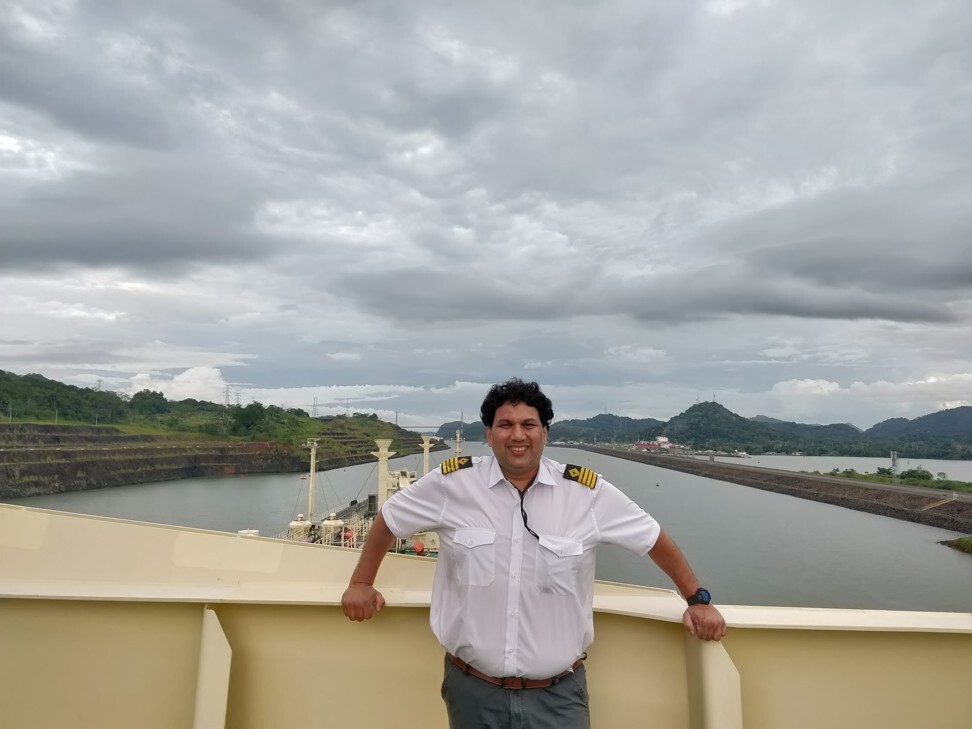
Every month, about 200,000 crew members are changed at ports around the world to ensure safe working hours on board. It is estimated that some 300,000 are currently waiting to be relieved at sea. The crew changes are complex logistical challenges at the best of times, but with no exemptions for seafarers to strict quarantine measures, travel restrictions and lockdown rules, and most visa offices shut, it is proving almost impossible for shipping companies to get weary workers relieved.
Hundreds of sailors stranded in paradise as coronavirus restrictions hit
It’s more than a question of vital supply chains. Barve had serious concerns about the mental health of crew members who did not know when or if they might be relieved.
“I would say the biggest factor affecting crew morale and mental health was the uncertainty. It was never clear what the next move would be. It was no longer up to the company ashore,” he says.
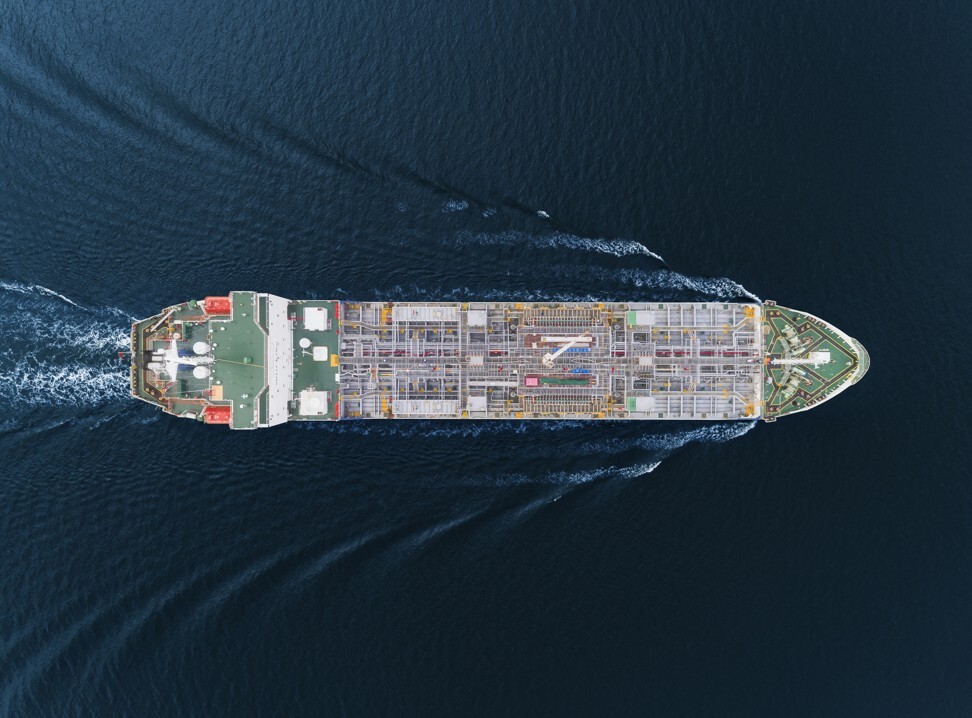
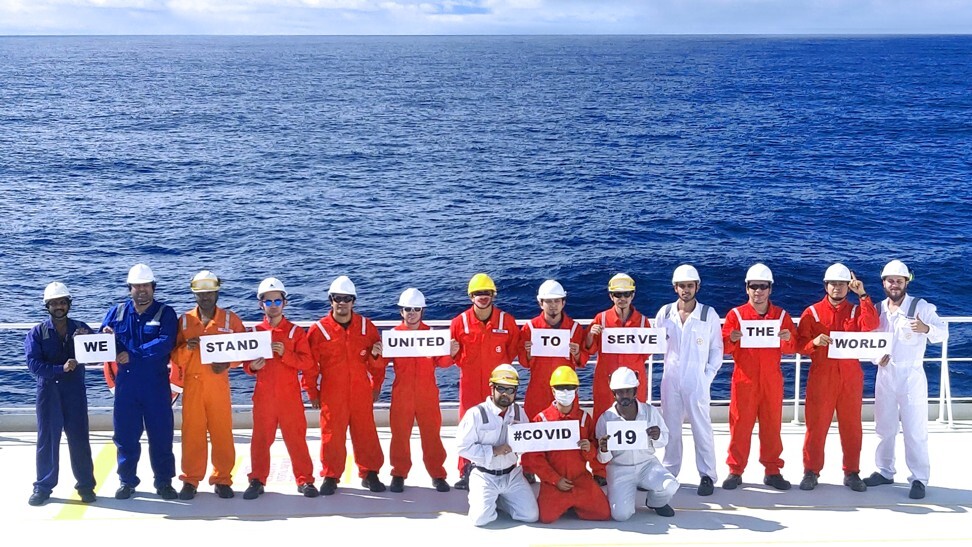
Barve says no-one on board is immune to the stress of extended periods at sea during which they worry about family members at home being exposed to a pandemic.
“Your outlook and mood changes, and senior officers are always taking the pulse of the crew,” he says, adding that there are other concerns.
“I think even my performance was not as sharp as it has been, and this has major safety implications. With cumulative fatigue, key decisions take longer, and I was always guarding against that by resting before critical periods because it affects your judgment.”
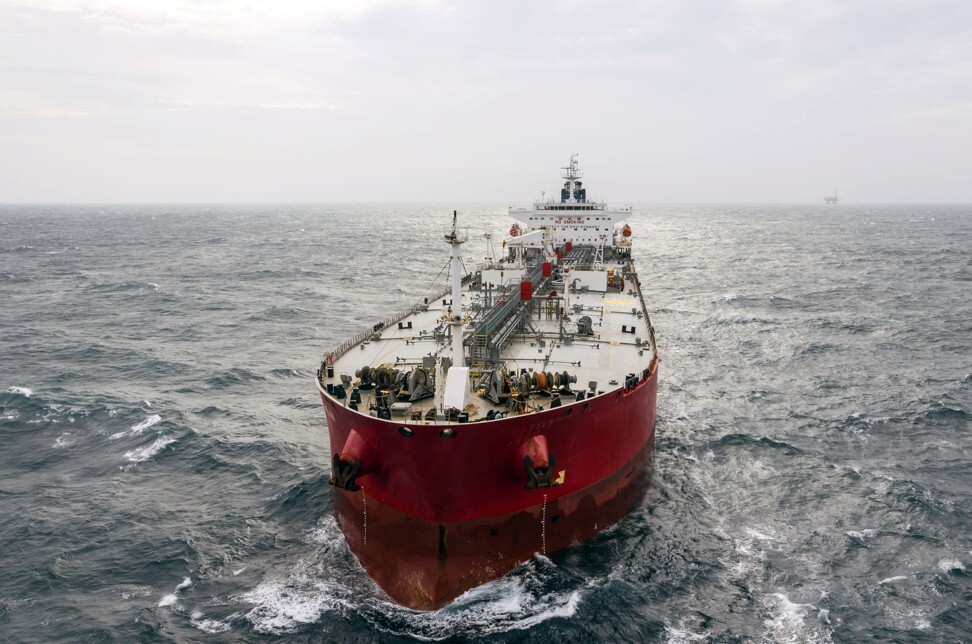
His crew became increasingly fatigued and their minds were not fully on the job, he says. An exhausted captain and bridge team on a large ocean-going vessel, perhaps carrying hazardous cargo and entering a busy port or shipping lane at night, is a powder keg.
“No-one would allow a pilot to exceed their safe flying hours, but because seafarers are invisible and continue to do their jobs and run ship’s cargo around the world, it’s all ignored,” Barve says.
There are official safety protocols in place for ships visiting ports during Covid-19 that have been sanctioned by the World Health Organisation (WHO). Even so, many ports won’t permit crew members to take even a few hours of shore leave.
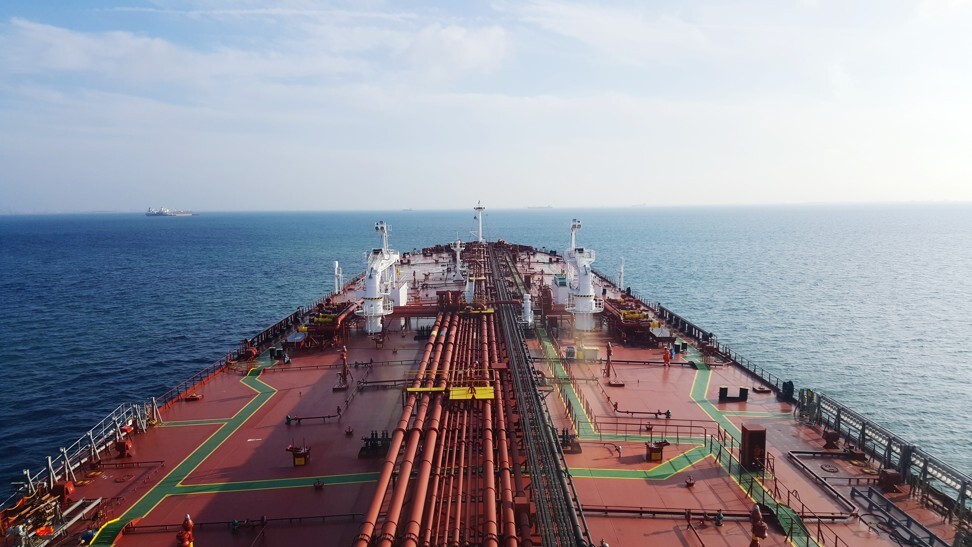
“You are treated like a pariah if you step one foot off the ship’s gangway,” Barve says. That means crew members cannot even visit a shop to buy basic toiletries or walk in a park.
Mariner and fleet manager Anshul Gupta visited Zhoushan in the eastern Chinese province of Zhejiang to supervise a ship’s dry docking on February 14, on behalf of Hong Kong-based ship management company Anglo-Eastern. The trip was originally expected to take 25 days, but he became stranded due to Covid-19 travel restrictions and was away from home for three months.
One of the ships in dry dock was the Shandong Da Cheng, which had been at anchor in Chinese waters for two-and-a-half months. Some of the crew members had been on board for a year without a break, Gupta says.
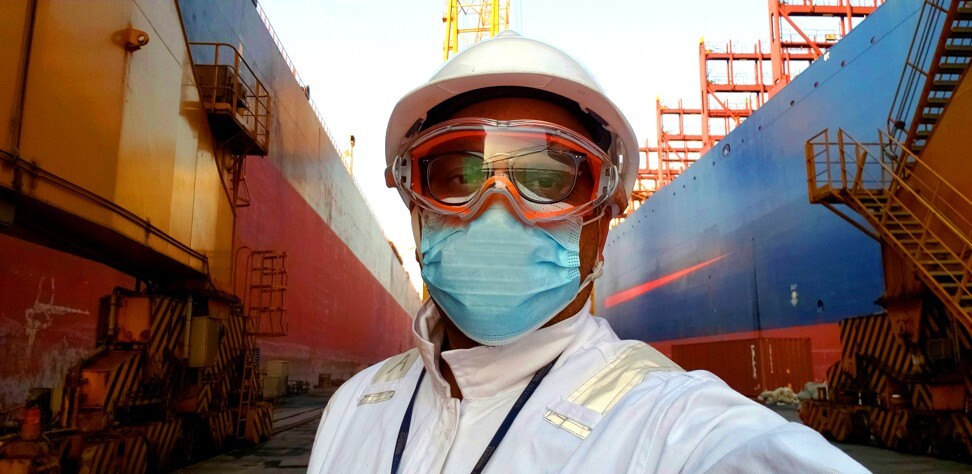
“I was keen to get home, but the ship’s crew were in a worse state of mind and I had to instil some hope in them. I wouldn’t say they were angry but there was clearly frustration,” Gupta says.
He says the crew performed their duties admirably, but they have still not been relieved. The ship is now in Brazil, where industry newsletter Ship Executive reported that 70 bulk carriers waiting off the coastal city of Santos were refused entry into port due to the South American country’s worsening Covid-19 situation.

Anglo-Eastern is working on a number of special crew transfer schemes, some in remote ports, to get the crews from vessels like Shandong Da Cheng home. These schemes often require special travel documentation, health checks and flights.
For Barve and his crew to get home, his ship was redirected, with the owner and charterer’s consent, to Kochi in India. A legal framework and health protocol had to be negotiated with local immigration authorities so that crew members could disembark.
I just want more ports around the world to reconsider seafarers as key workers and exempt them from the draconian travel restrictions. They need to work during lockdown, just like health workers or the emergency services
Last month, Singapore relaxed travel restrictions for seafarers, and this month the Hong Kong government responded to the pleas of the association and other shipping bodies. It introduced changes to alleviate the problem and move towards the IMO’s Covid-19 protocols, sanctioned by the WHO, for crew changes in Hong Kong.
Outbound crew members on ocean-going vessels who have completed their service on board are no longer subject to the standard 14 days of quarantine if they are heading straight home via Hong Kong’s airport. Incoming crew members can now board their ships immediately upon arrival.
The move has been warmly welcomed by the shipping industry, but representatives says it’s only a first step.
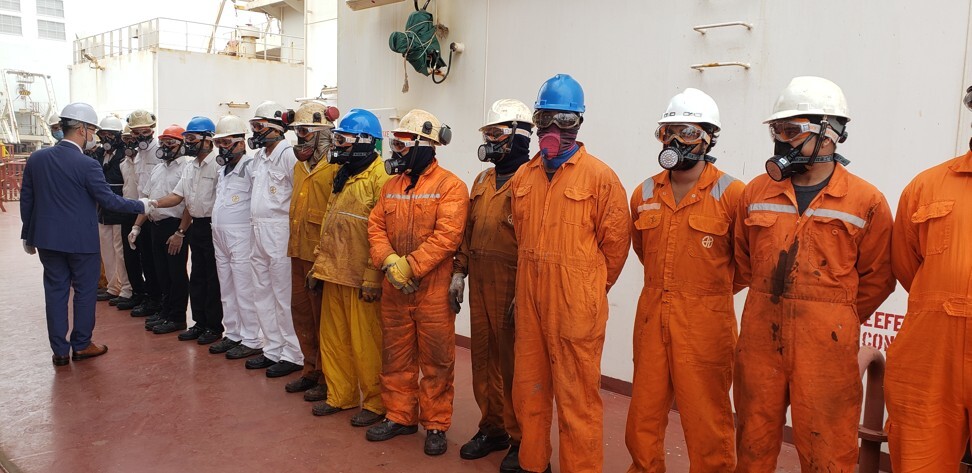
“I just want more ports around the world to reconsider seafarers as key workers and exempt them from the draconian travel restrictions. They need to work during lockdown, just like health workers or the emergency services,” Hojgaard says.
Earlier this month, the International Transport Workers’ Federation said it would support ship crews’ rights to stop working, even if that comes at the cost of disrupting global trade. So the changes in Hong Kong are good news for the industry. They have been welcomed by professional mariners such as Barve and his crew, who have been disappointed by the lack of action by politicians.
“I think some seafarers feel angry and betrayed that governments are happy to use us to keep their economy going but won’t help us get home,” he says.

